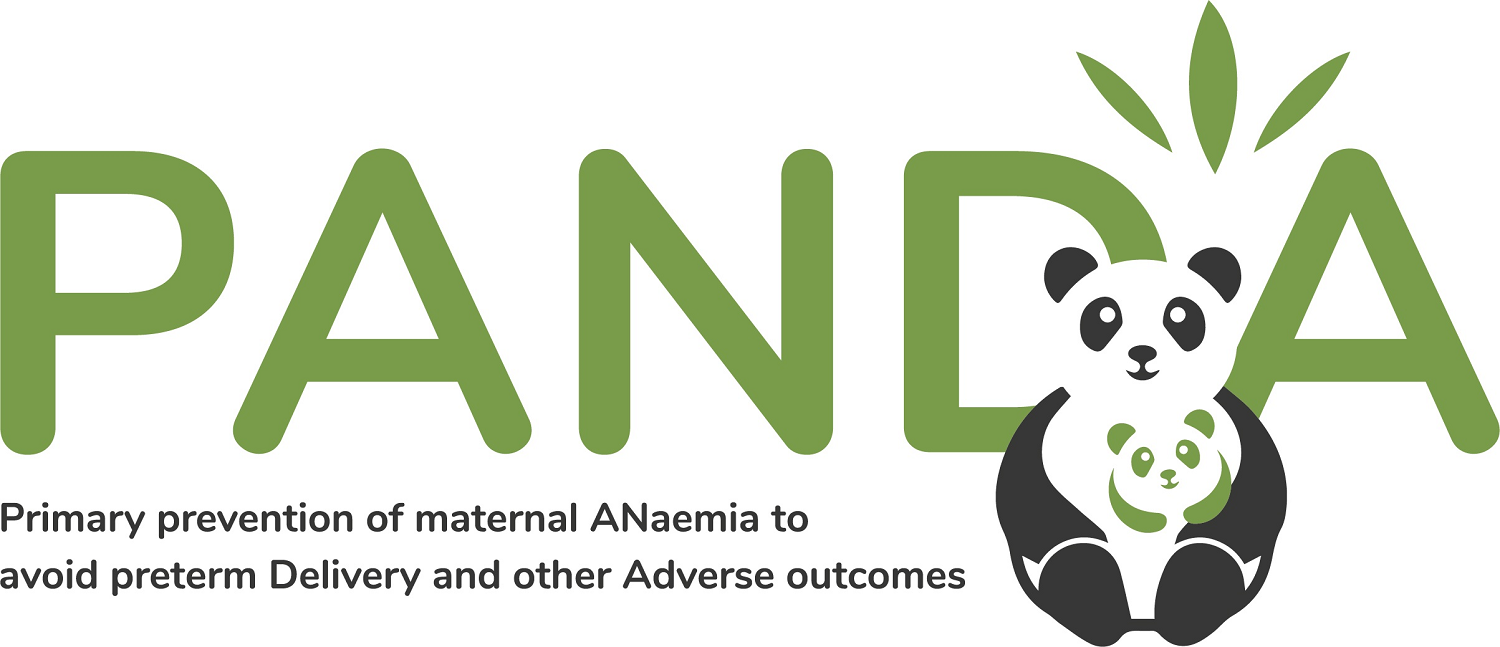For participating sites and professionals
Information and resources for sites and professionals participating in PANDA.

The PANDA programme is a programme of research into the prevention of maternal anaemia to avoid preterm delivery and other adverse outcomes.
This section of the site provides information and resources for sites and professionals supporting the PANDA trial. If you have any further questions or concerns, please contact PANDA@nhsbt.nhs.uk.
Events
For details about any upcoming meetings, please contact PANDA@nhsbt.nhs.uk.
We also provide regular online sessions on the trial and related subjects. Please contact the team at PANDA@nhsbt.nhs.uk if you would like more information.
